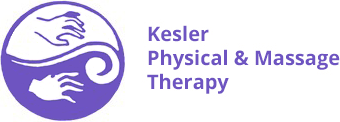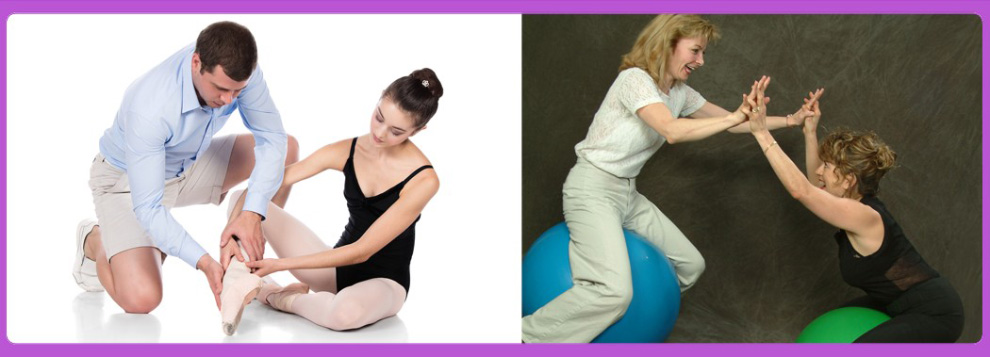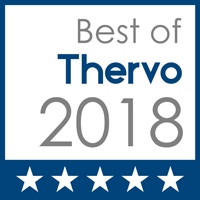Q: I'm looking for any information I can find for my 16-year-old daughter who has a SLAP injury of the shoulder from playing volleyball. There are many different ways to treat this problem. What do you recommend?
A: SLAP stands for superior labral anterior posterior and refers to a tear of the labrum located around the rim of the acetabulum (shoulder socket). The labrum is a ring of fibrous cartilage around the shoulder socket. It helps support and hold the round head of the humerus (upper arm bone) in the shallow socket.
The superior labrum is located along the top of the socket. It is attached loosely by elastic connective tissue. A force or load through the shoulder that is greater than the tensile strength of the thick connective tissue can cause tearing of the structures.
The type of treatment applied may depend on a number of different variables such as age of the patient, activity level, severity of the injury, and length of time since the injury first occurred. There is still much debate and controversy among experts regarding the best treatment for this problem. Conservative (nonoperative) care may be appropriate but we have yet to identify who is the best candidate for surgery and who should see a physical therapist first.
One point of disagreement is whether the surgery should be done arthroscopically or with an open incision. Types of procedures to choose from include debridement, tenodesis, or tenotomy. Debridement refers to removing any frayed tissues and smoothing down the area as much as possible. Tenodesis is the stitching of the tendon back to the bone. In a tenotomy the tendon is cut.
The decision about what to do should be made together with the patient, family, and surgeon. All patient characteristics and personal factors should be taken into consideration before accepting any invasive procedures.
Reference: Alan L. Zhang, MD, et al. Demographic Trends in Arthroscopic SLAP Repair in the United States. In The American Journal of Sports Medicine. May 2012. Vol. 40. No. 5. Pp. 1144-1147.
301-602-3551
8828 Brierly Road
Chevy Chase, MD, 20815
8828 Brierly Road
Chevy Chase, MD, 20815











